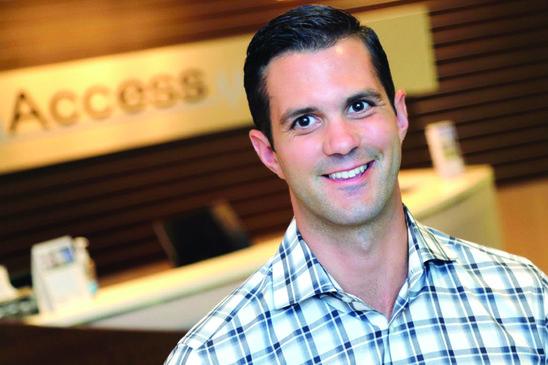Alex was a 24-year-old medical student when he was diagnosed with an advancing form of multiple sclerosis. “As my disabilities became more permanent, I realized my chosen therapy wasn’t working,” Alex says. “I knew I needed a more aggressive option to slow down my progression.”
In the year 2000, the Multiple Sclerosis Scientific Research Foundation funded a pioneering stem cell clinical trial led by Drs. Mark Freedman and Harry Atkins at the Ottawa Hospital Research Institute. Alex was one of 24 participants with aggressive MS who were not responding to standard treatment. Each person received chemotherapy to eliminate their immune systems, followed by the introduction of their own bone marrow stem cells to re-boot the immune system.
After several years, researchers noticed dramatic improvements in some participants, including Alex. Bone marrow transplantation bears serious risks, in which some people can experience severe adverse effects, but the trial outcomes have changed the landscape of stem cell work in MS and provide researchers with the opportunity to develop safer, more targeted therapies for more people with MS.
